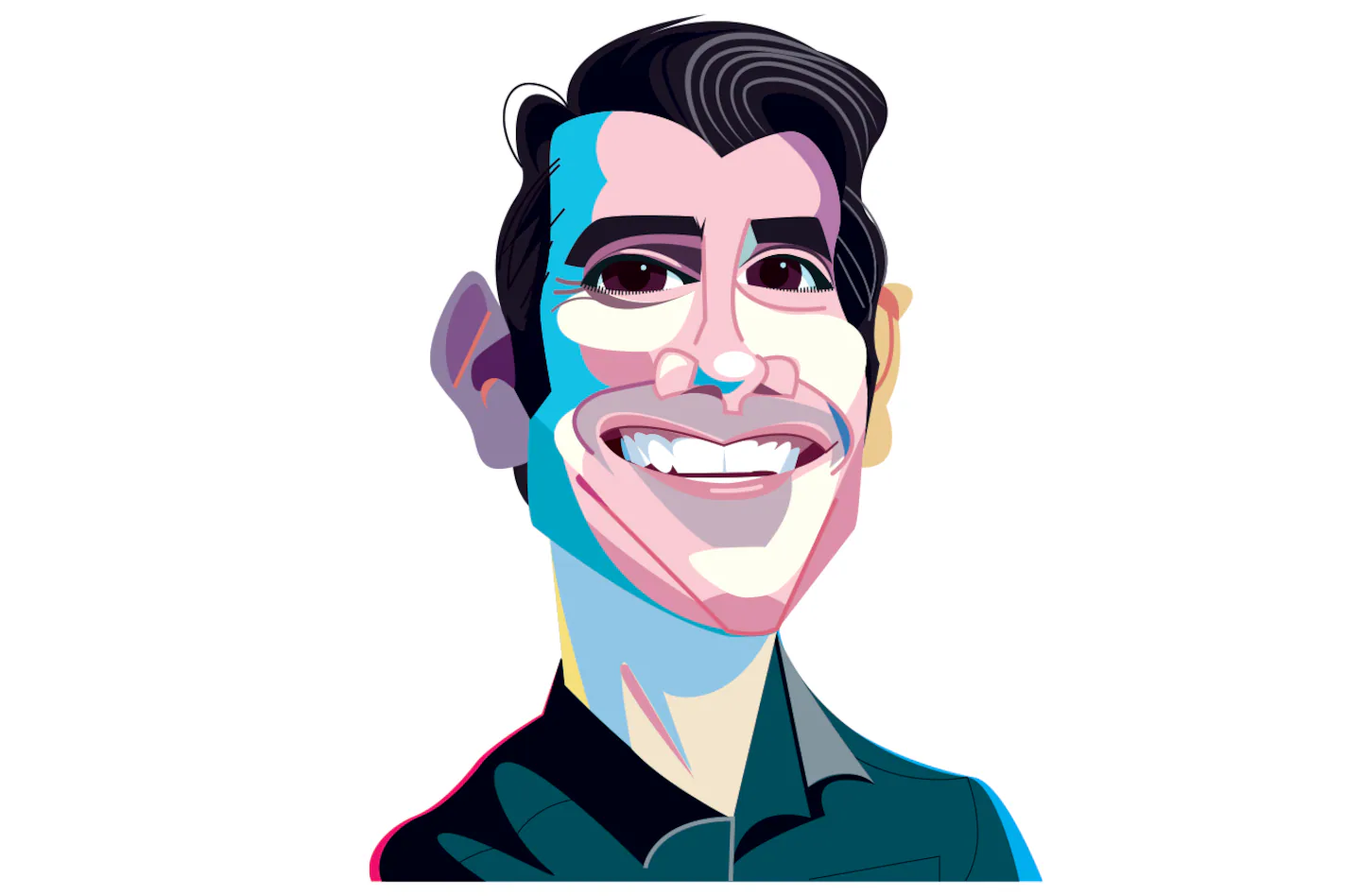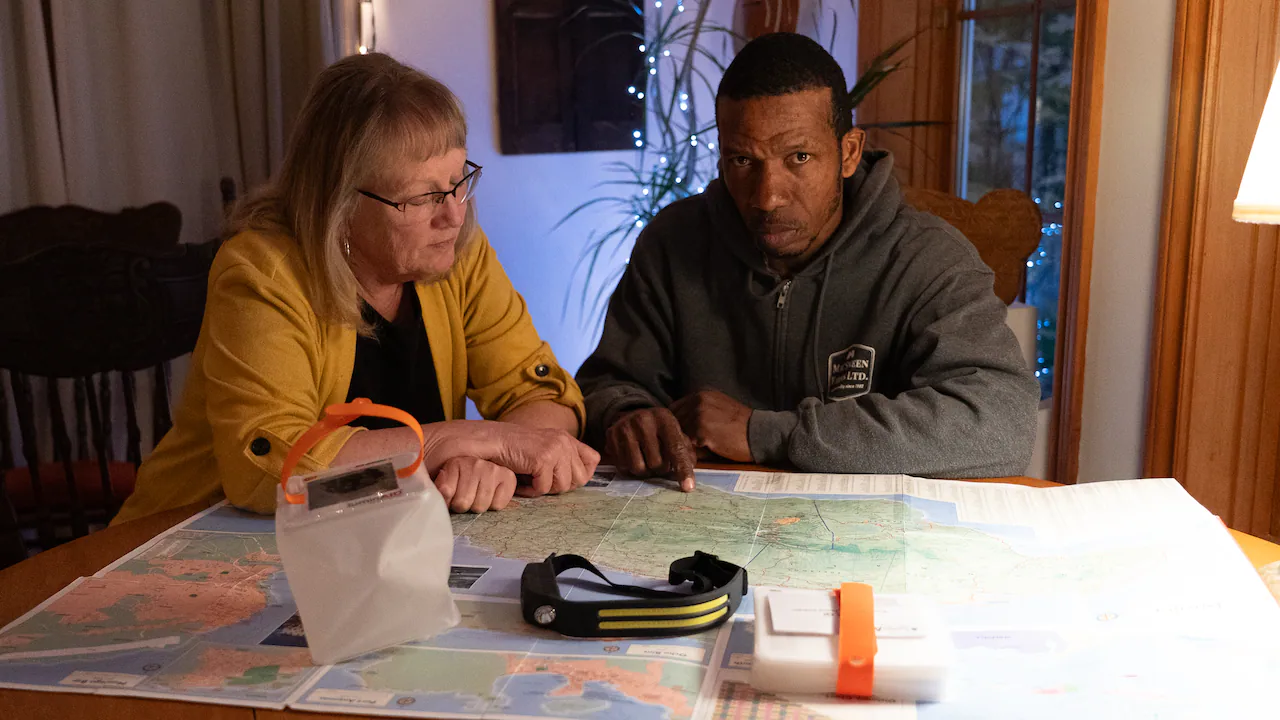Copyright The Boston Globe

Nexthink, which employs about 250 people at 501 Boylston St., hit another milestone last week. Texas private equity firm Vista Equity Partners acquired a majority stake in a deal that values Nexthink at $3 billion, buying out stakes owned by earlier investors Permira, Index Ventures, and Highland Europe. Vista already has large investments in around a dozen other Boston-area software firms, including Acquia, Nasuni, Quickbase, and Duck Creek Technologies. Bados has his eye on an initial public offering someday, but needs more critical mass first; the chief executive would like to double Nexthink’s current sales before launching an IPO. Bados picked Boston because of its proximity to Europe and its high-tech cluster, which he ranks up with the San Francisco and New York areas. He became fluent in English from summer visits to Scotland while growing up in Spain; he now lives in Newton with his family. “Despite the fact Boston is an expensive place, we think having the right talent here, it’s really important,” Bados said. The firm has 11 offices across the globe, including its two headquarters locations. “It’s not an American company, it’s not a Swiss company, it’s not a Spanish company,” Bados said. “It’s a blend of all the different cultures. . . . We value a lot of the diversity [because of] different perspectives, different points of view.” There’s a new kid in town — to be more specific, on Boston’s skyline — but the executives at BXP don’t seem worried about the potential rivalry. Barclays analyst Brendan Lynch asked BXP executives on their earnings call last week about the high-end office-and-residential tower that real estate developer Hines has built at South Station, and how it might affect leasing dynamics in Boston. Translation: What kind of competition do you expect? Answer: Not much. So far, most of the tower’s 680,000 square feet of office space has not been leased yet, though JPMorgan Chase is eyeing a big chunk of it. (Early tenants include law firm Jones Day, property insurer FM, and hedge fund manager Citadel.) “It’s, I’m sure, going to be successful from an occupancy perspective at some point,” BXP president Doug Linde said. “[But] the building hit the market at the absolute wrong time, and there’s a bunch of availability in the Financial District that it had to compete with.” In particular, BXP executive Bryan Koop doesn’t see much of an impact on BXP’s portfolio, which includes the Prudential Center and 200 Clarendon (aka the Hancock Tower) in the Back Bay. It’s rare, he said, for significant office tenants to leave that neighborhood. What about BXP’s downtown towers, like 100 Federal, Atlantic Wharf, and Hub on Causeway? No worries. Koop said: “Our buildings [there] are leased up and tucked away for quite a few years now with limited space.” A former star of Harvard University’s crew team in the late 1980s, Jon Bernstein can’t resist a good rowing metaphor. Ask him what he’s looking to accomplish as the new board chair at influential employer group Mass. Business Roundtable, and he responds by saying Massachusetts can’t get complacent about its economic position. “The thing I learned at rowing: I was able to compete against the best in the world [but] the best are always finding out ways to get better,” Bernstein said. The regional president for PNC Bank’s New England operations has become a ubiquitous presence in Boston’s business scene, including by joining the Greater Boston Chamber’s board and co-chairing a business-backed push to increase state funding for early childhood education. Now that he’s taken over for Lisa Murray, Citizens Bank’s Massachusetts president, for a two-year term as Roundtable chair, Bernstein has another good reason to be out and about. His priorities as chair will include promoting policies that make Massachusetts a better place to attract and retain talent and to grow businesses. He sees housing costs and energy affordability among the biggest threats to those goals, as well as the research cuts resulting from recent changes in federal policy. Starting out, Bernstein says he’ll strategize with Roundtable president JD Chesloff about the best policies to focus on at the State House, and spend more time getting to know Roundtable members. To describe his approach, he turns to another rowing metaphor. “The Roundtable is working really well,” Bernstein said. “When you hop on a boat that’s moving pretty quickly, the first thing you want to do is not slow it down.” John Hancock is best known for its life insurance. So why is the Boston company investing in a video series that has nothing to do with selling insurance, at least not directly? The “Longer. Healthier. Better — Leaders in Longevity” series that Hancock launched last week is a set of short documentaries about the science of aging, not a bunch of insurance ads. This series is part of a broader push under Hancock president Brooks Tingle’s direction to strengthen Boston’s claim as a “longevity hub,” a place where some of the best research to improve and extend the aging process takes place. Each video spends eight to 14 minutes focusing on a different doctor, scientist, or innovator and what they’re doing to enhance people’s lives as they age. The first two profiles, which began streaming last week on John Hancock’s website, are about MIT AgeLab director Joe Coughlin and scientist Andrew Steele. (The other local “star” in the series is Dariush Mozaffarian, of Tufts University’s Food is Medicine Institute.) The videos were created by members of Hancock’s marketing team, which is already thinking about season two. “The idea came from us wanting to share our message, not only with [insurance] customers, but really with the entire population,” chief marketing officer Lindsay Hanson said. “When we say we care about people living longer, healthier, better lives, we truly mean it. We don’t just mean it for our customers.” Herb Chambers finally relented and sold his automotive empire to a bigger dealership group for $1.5 billion in July. Months after the deal with Asbury Automotive Group closed, though, Chambers shows no sign of retiring. He kept one Mercedes-Benz dealership in Somerville, and goes into work three or four days a week. That includes some charity work, such as giving away an emergency relief vehicle (made by Mercedes-Benz, of course) via his foundation to the American Red Cross — like he did last month. These vehicles, valued at more than $150,000, enable the Red Cross to deliver food, supplies, and toys in the aftermath of emergencies such as fires and floods. So why did he hold onto one dealership, rather than just hopping on a helicopter and riding off into the sunset? At 83, he loves the business too much to walk away, or fly away, now. Selling the Herb Chambers Cos. empire, he said, was a necessary step in his estate planning, but that doesn’t mean he didn’t have some reluctance. “I needed something that gave me some contact with the industry,” Chambers said. Chambers is working on plans to renovate the Mercedes-Benz dealership, and he has his team members thinking about ways to improve their customer relationships. “We’re trying to make this dealership better than it’s ever been,” Chambers added. “My target has always been to do that. Now it’s more focused on one dealership instead of 50.”



